Alternative Voices in Muslim Southeast Asia: Discourses and Struggles examines the challenges facing progressive voices in Indonesia, Malaysia and Singapore today. It examines their discourses, which delve into how multiculturalism and secularism are the way forward for the diverse societies of these three countries. Moreover, it analyses the avenues employed by these voices in articulating their views amidst the dominance of state and quasi-state religious officials who seek to restrict and discipline them.
Contributors to the volume include scholars, activists and observers, some of whom are victims of repression and discrimination. While most of the chapters cover developments of the last decade, some of them go back to the previous century, capturing the emergence of modernist thinkers influenced by parallel movements in the Middle East and the wider region. Others respond to recent developments concerning Islam and Muslims in the three countries: the Pakatan Harapan coalition victory in the 2018 Malaysian election, the re-election of Joko Widodo as Indonesia’s president in 2019, and recent religious rulings passed in Singapore.
In the past, Southeast Asia has been regarded as the bastion of “moderate Islam”. Some argue it is the “smiling face of Islam” compared to Muslim societies in the Middle East, where Islam originated 1400 years ago. Southeast Asian Muslims have always shown respect for local beliefs, traditions and cultures while remaining committed to their faith. The ulama or religious elites of the past did not consider respecting local traditions as compromising their religion. However, events in the 1970s, known as the Islamic revivalist period, led to Muslims in Southeast Asia embracing more conservative interpretations of Islam. Malaysia, Indonesia and Singapore have shown an “Islamist turn”, some say. Muslim religious elites are promoting traditionalist discourses that are holding the community back from progress and modernity.
Who are the alternative voices? Despite the growing conservative views among the religious elites, there are groups promoting alternative ideas to those promoted by the religious establishment. These groups not only call for Islam to be practised according to context, they also agree that multiculturalism and secularism are the only way forward for harmonious living in diverse societies such as Singapore, Malaysia and Indonesia. They believe in respecting the tenets spelt out in the constitutions of their respective countries that guarantee freedom of religion. Alternative Voices in Muslim Southeast Asia: Discourses and Struggles hopes to showcase the challenges and struggles faced by the champions of alternative discourses in the face of a growing conservative climate. It examines how state and quasi-state institutions and ordinary citizens police groups or individuals promoting alternative ideas. It also explores the avenues utilized by the progressives in championing their vision.

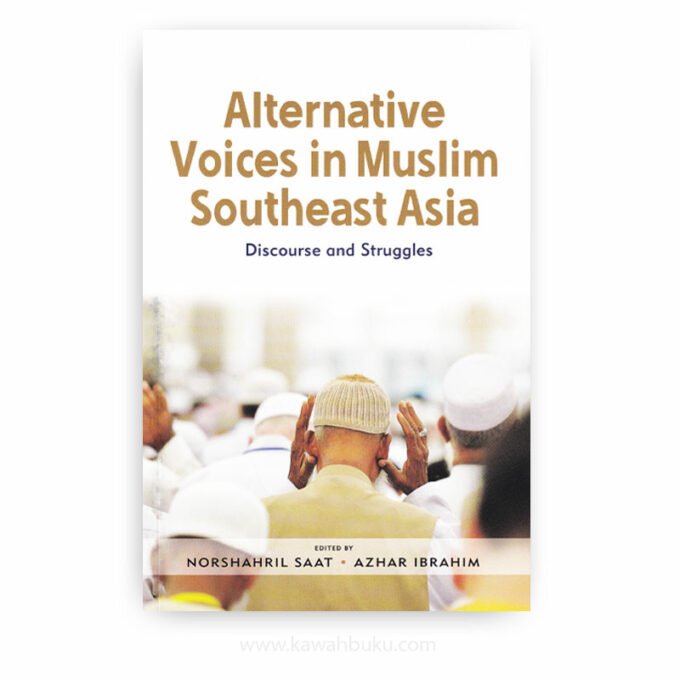
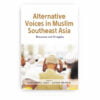
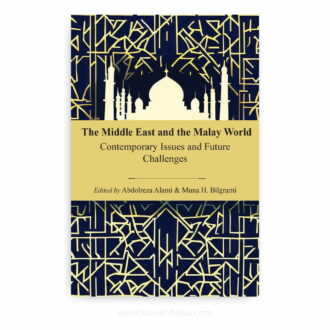
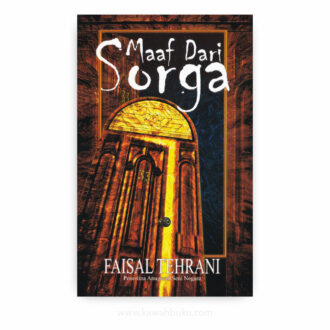
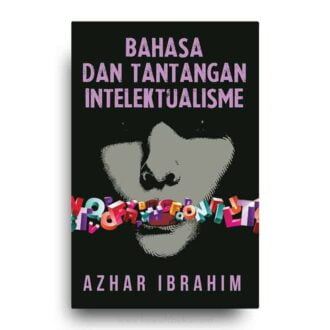

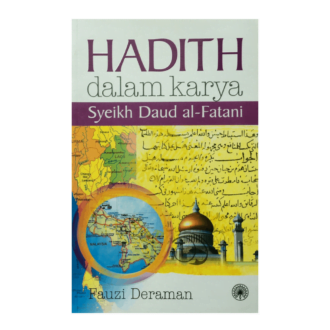
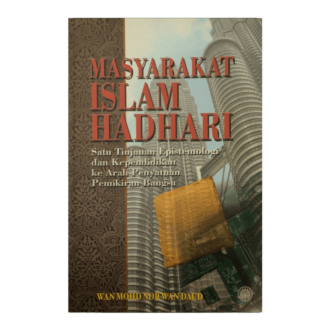
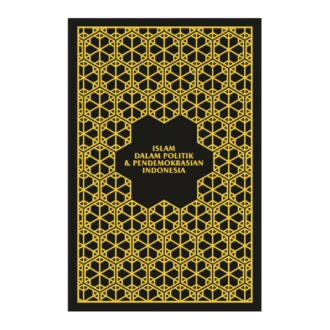
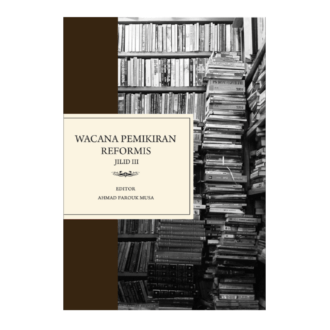
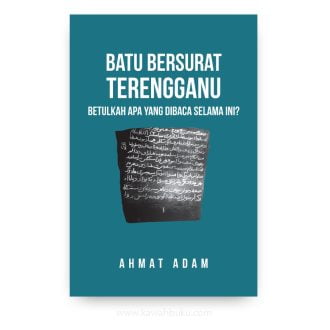
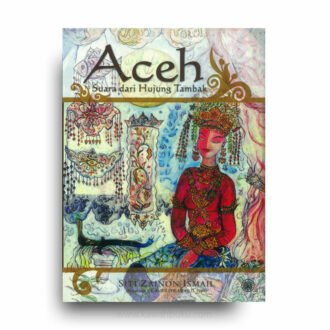
Reviews
There are no reviews yet